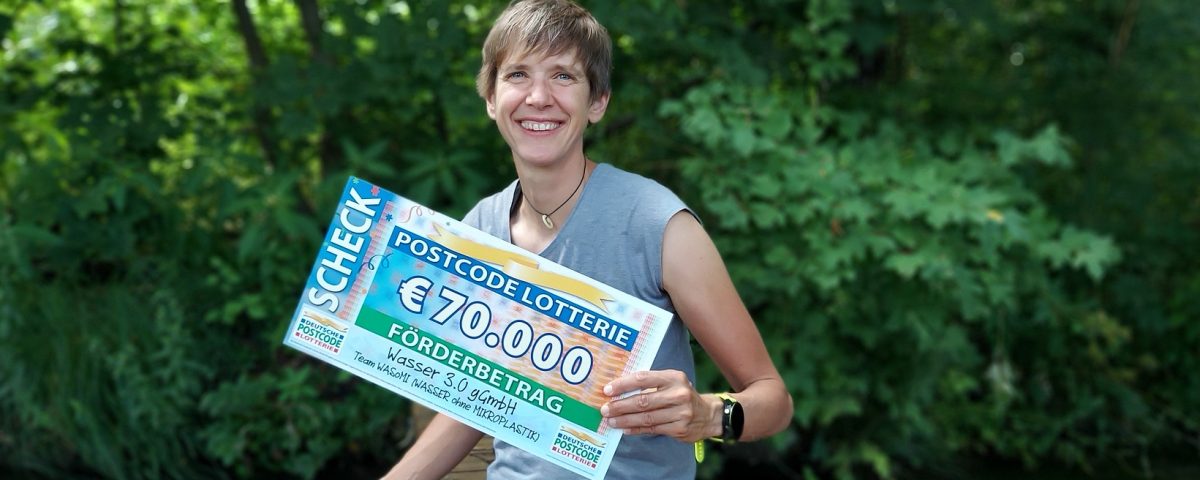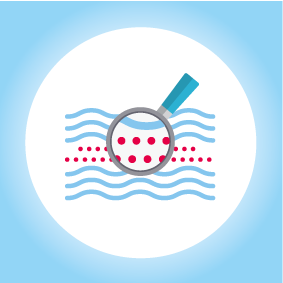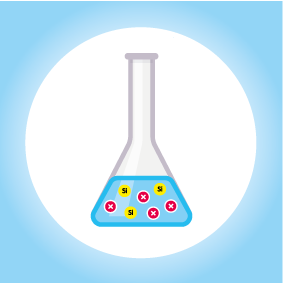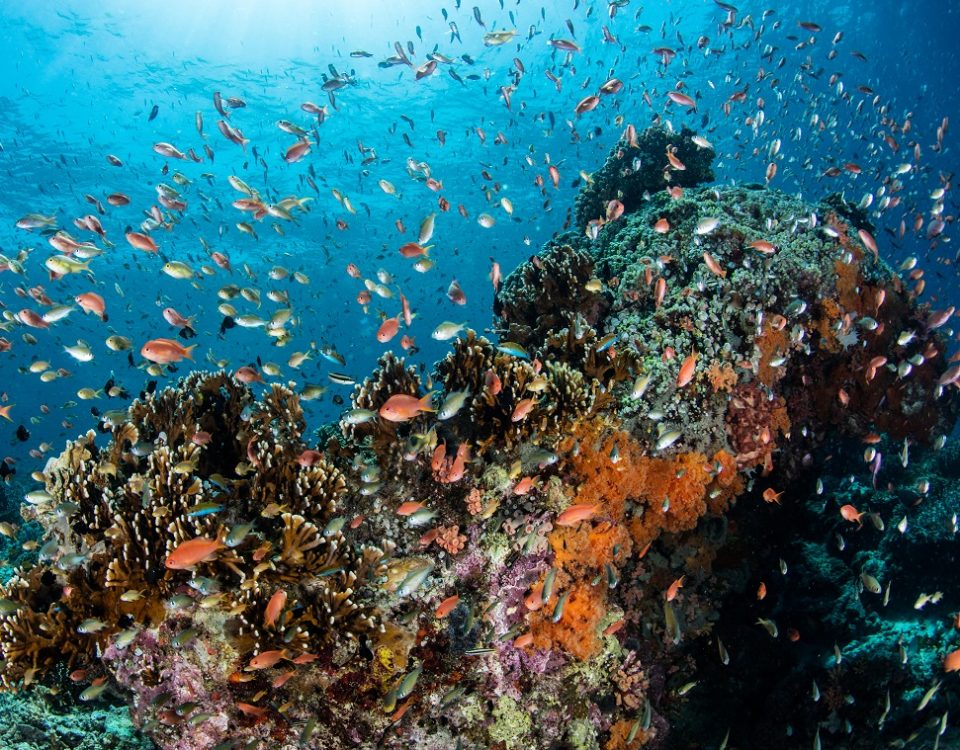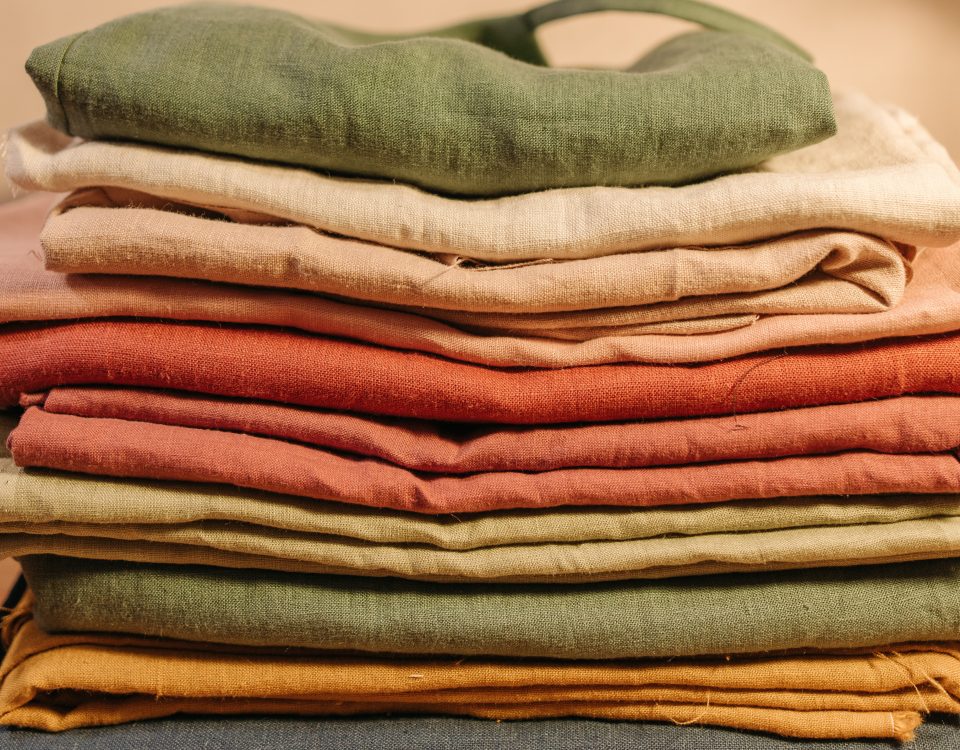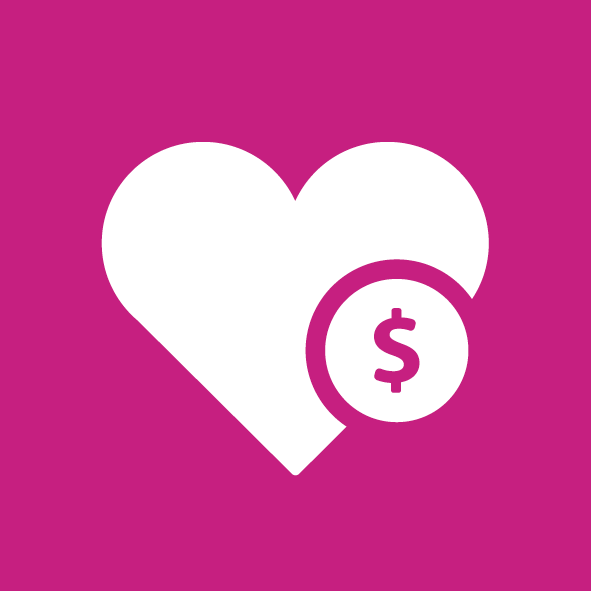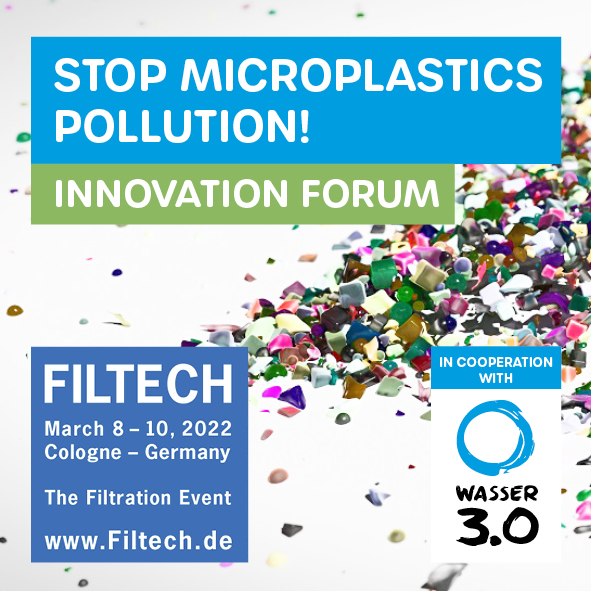
STOP Microplastics Pollution! Innovation Forum
29. July 2021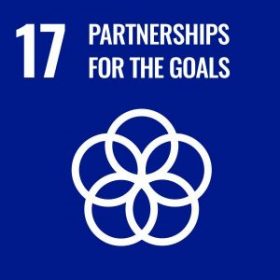
Wasser Tres Punto Cero
23. September 2021Deutsche Postcode Lotterie
funds ourinteractive educational project Team WASoMI
with 70.000 EUR!Before we get started, we would like to cordially thank the participants of Deutsche Postcode Lotterie, its advisory board and charity department for this great support! Without it, we could not realize Team WASoMi.
With
Team WASoMI (WASser ohne MIkroplastik in German, which translates into waters without microplastics)
we want to create asystemic and sensibilizing way of knowledge transfer
,involve
students actively in our research and make theeffect of acting together
, as ateam, tangible
.YouTube content is currently blocked to protect your data. By unblocking the video, you accept YouTube's privacy policy.
More informationGoal 1: Understanding enables action
Playful, discussing, with new
Playful, discussing, with new
digital methods
and engaging references to their everyday life,students in Team WASoMI
will approach the subject areasynthetic polymers, plastics and microplastics
and find answers to these questions - and more:- When do everyday helpers become an environmental problem?
- How does a polymer become a plastic chair, and a plastic chair become microplastic?
- What is the difference between synthetic polymers and plastics?
- How much microplastic is in the sea, in drinking water, in my favorite swimming lake?
- Why is there microplastic in shower gel?
- Where do I use synthetic products in everyday life?
- How many plastic items do I find in my room?
- Is micro and nano plastic dangerous for us humans?
- How do I avoid plastic waste?
- What can I do so that less microplastic enters the environment?
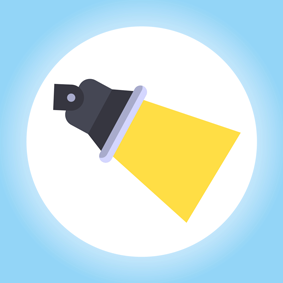
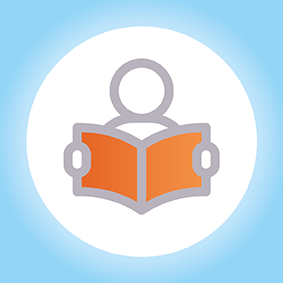
Goal 2: Understand more through action
By
For more on the setup of Team WASoMI, please see this page. There, as well as in this blog, we will report on the further project progress.
By
guided sampling of waters
with an innovative analysis kit developed by Wasser 3.0 for this assignment, students will also make a concrete contribution to the research work of Wasser 3. 0. The data collected will be published, discussed and reflected upon in class and with other participating classes inTeam WASoMI.
For more on the setup of Team WASoMI, please see this page. There, as well as in this blog, we will report on the further project progress.
Goal 3: Acting with a systemic perspective
This project creates the basis fortheory and practice,
For
This project creates the basis for
Team WASoMI as an interactive educational module
that combines from the beginningschool and application-oriented research
,problem description and solution approaches
.For
waters without microplastics
, many levers from science, technology, industry, politics and (civil) society need to be set in motion. We need meaningful technological innovations and solutions-oriented research as well as good education and fact-based awareness raising. This is how we get into action for the social-ecological transformation so many of us wish for!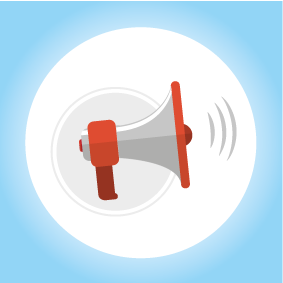
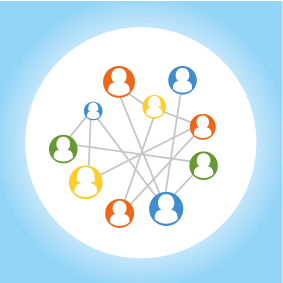
Goal 4: Less talking, more doing
With the
implementation of Team WASoMI
, we act according to our self-understanding as sustainability entrepreneurs. The educational project runs hand-in-hand with other approaches we research, develop and implement as a nonprofit green tech company for the holistic management of microplastics and micropollutants in waters.We are convinced: If we inspire students and teachers and make clear to them the
relevance and options for action for waters without microplastics
, we can make a far-reaching contribution to a world fit for our grandchildren.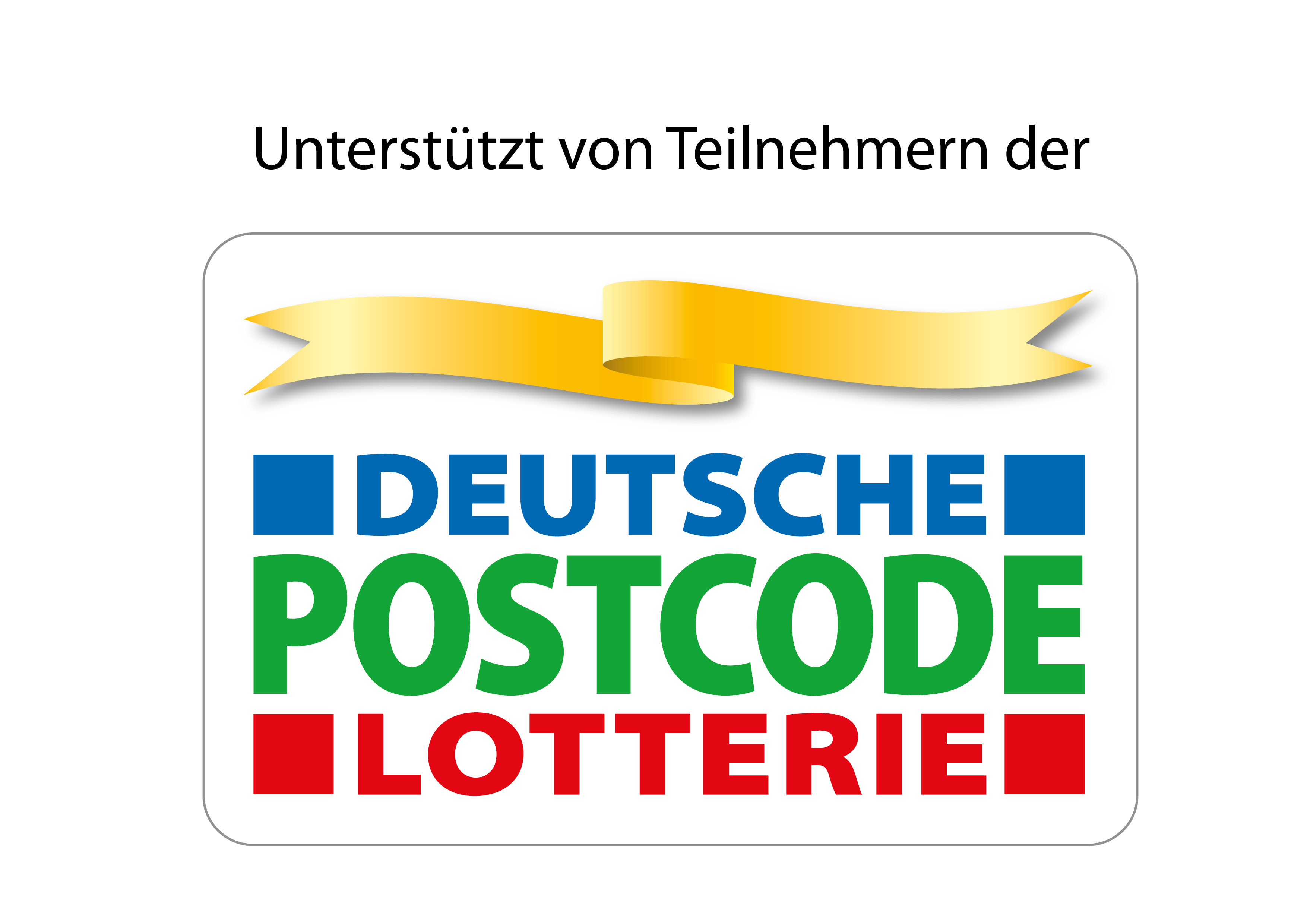
Fun Fact: Wasomi in Kiswahili

